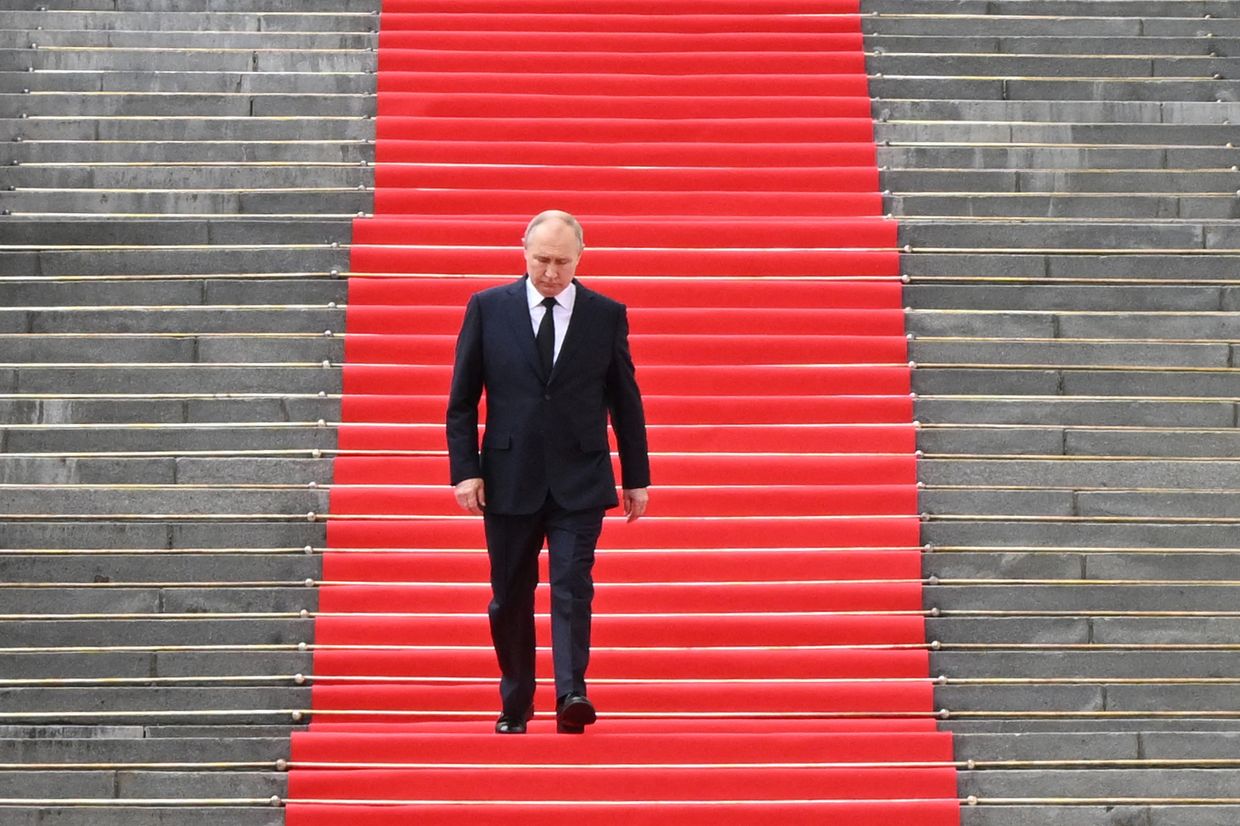84 arrested in UK-led crypto laundering investigation involving Russian oligarchs, spies

The United Kingdom's National Crime Agency (NCA) announced on Dec. 4 that it had dismantled a multibillion-dollar money laundering scheme that has enabled criminal networks, including Russian spies and oligarchs, to evade sanctions using cryptocurrency.
The criminal operations, described by investigators as a "complex scheme," spanned over 30 countries. Criminal networks laundered proceeds from illegal activities to "collect funds in one country and make the equivalent value available in another, often by swapping cryptocurrency for cash," according to the NCA.
Investigators allege that two companies, Smart Group and TGR Group, served as a financial laundering hubs to various transnational criminal organizations, including the Irish Kinahan cartel, and Russian ransomware groups.
In turn, funds were further laundered to allow Russian espionage networks and oligarchs "to illegally bypass financial restrictions to invest money in the UK," according to a statement released by the NCA. The laundered funds also allowed oligarchs to purchase property in the United Kingdom.
The criminal operation, which ran out of London, Moscow, and Dubai, primarily used the U.S. dollar-backed cryptocurrency Tether to the launder the money.
Rob Jones, NCA director-general of operations, said that the investigation, which led to 84 arrests and 20 million pounds ($25.4 million) in seized assets, was "the most significant money laundering operation" that the agency had undertaken.
On the day that the investigation, dubbed "Operation Destabilize," was revealed, the U.S. Treasury Department announced new sanctions on five individuals and four entities associated with TGR Group.
Following the start of its full-scale invasion of Ukraine, Russia has faced severe financial sanctions from Western countries. Despite efforts effectively shut off the Russian economy from Western allies, Russia continues to avoid sanctions through the use of sanctions evasion networks and shell companies.
Russia is also aided in sanctions evasion through its allies, including China, Iran, and North Korea.
As the war drags on, the economic toll of the full-scale invasion of Ukraine has become more glaring with the purchasing power of the Russian ruble hitting the lowest point since March 2022.











